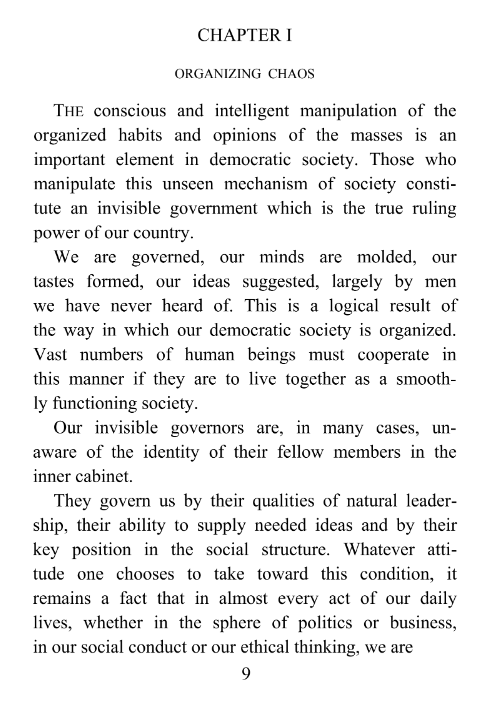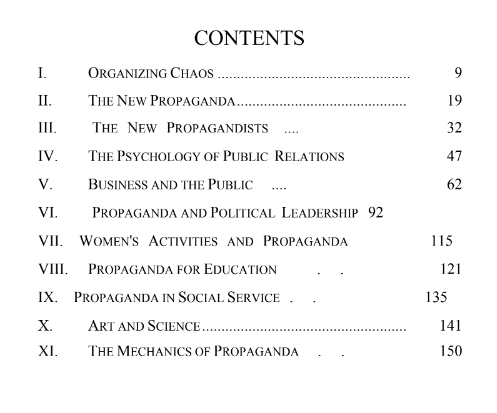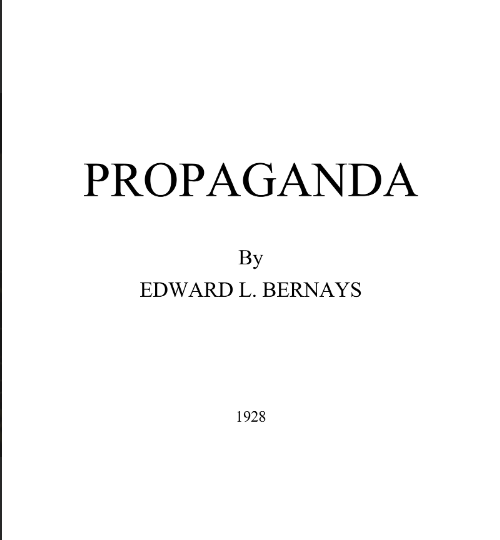Bên dưới đây mình có spoil trước 1 phần nội dung của cuốn sách với mục tiêu là để bạn tham khảo và tìm hiểu trước về nội dung của cuốn sách. Để xem được toàn bộ nội dung của cuốn sách này thì bạn hãy nhấn vào nút “Tải sách PDF ngay” ở bên trên để tải được cuốn sách bản full có tiếng Việt hoàn toàn MIỄN PHÍ nhé!



“Convention Dates”—a fraction of the 5,500 conventions and rallies scheduled. The Employing Photo-Engravers’ Association of America; The Outdoor Writers’ Association; the Knights of St. John; the Walther League; The National Knitted Outerwear Association; The Knights of St. Joseph; The Royal Order of Sphinx; The Mortgage Bankers’ Association; The International Association of Public Employment Officials; The Kiwanis Clubs of Ohio; The American Photo-Engravers’ Association; The Cleveland Auto Manufac- turers Show; The American Society of Heating and Ventilating Engineers.
Other conventions to be held in 1928 were those of: The Association of Limb Manufacturers’ Asso- ciations; The National Circus Fans’ Association of America; The American Naturopathic Association; The American Trap Shooting Association; The Texas Folklore Association; The Hotel Greeters; The Fox Breeders’ Association; The Insecticide and Disinfectant Association; The National Association of Egg Case and Egg Case Filler Manufacturers; The American Bottlers of Carbonated Beverages; and The National Pickle Packers’ Association, not to mention the Terrapin Derby—most of them with banquets and orations attached.
IN the days when kings were kings, Louis XIV made his modest remark, “L’Etat c’est moi.” He was nearly right. But times have changed. The steam engine, the multiple press, and the public school, that trio of the industrial revolution, have taken the power away from kings and given it to the people. The people actually gained power which the king lost For economic power tends to draw after it political power; and the history of the industrial revolution shows how that power passed from the king and the aristocracy to the bourgeoisie. Universal suffrage and universal schooling reinforced this tendency, and at last even the bourgeoisie stood in fear of the com- mon people.
For the masses promised to become king. To-day, however, a reaction has set in. The minority has discovered a powerful help in influencing majorities. It has been found possible so to mold the mind of the masses that they will throw their newly gained strength in the desired direction. In the present structure of society, this practice is inevitable. Whatever of social importance is done 19 Propaganda to-day, whether in politics, finance, manufacture, agriculture, charity, education, or other fields, must be done with the help of propaganda. Propaganda is the executive arm of the invisible government Universal literacy was supposed to educate the common man to control his environment.
Once he could read and write he would have a mind fit to rule. So ran the democratic doctrine. But instead of a mind, universal literacy has given him rubber stamps, rubber stamps inked with advertising slogans, with editorials, with published scientific data, with the trivialities of the tabloids and the platitudes of history, but quite innocent of original thought. Each man’s rubber stamps are the duplicates of millions of others, so that when those millions are exposed to the same stimuli, all receive identical imprints. It may seem an exaggeration to say that the American public gets most of its ideas in this wholesale fashion.
The mechanism by which ideas are disseminated on a large scale is propaganda, in the broad sense of an organized effort to spread a particular belief or doctrine. I am aware that the word “propaganda” carries to many minds an unpleasant connotation. Yet whether, in any instance, propaganda is good or bad depends upon the merit of the cause urged, and the correct- ness of the information published.
Rotarian, he will tend to disseminate in the other groups in which he may have influence. This invisible, intertwining structure of groupings and associations is the mechanism by which democracy has organized its group mind and simplified its mass thinking. To deplore the existence of such a mechanism is to ask for a society such as never was and never will be. To admit that it easts, but expect that it shall not be used, is unreasonable. Emil Ludwig represents Napoleon as “ever on the watch for indications of public opinion; always listening to the voice of the people, a voice which defies calculation. ‘Do you know,’ he said in those days, ‘what amazes me more than all else? The impotence of force to organize anything.'” It is the purpose of this book to explain the structure of the mechanism which controls the public mind, and to tell how it is manipulated by the special pleader who seeks to create public acceptance for a particular idea or commodity. It will attempt at the same time to find the due place in the modern democratic scheme for this new propaganda and to sug- gest its gradually evolving code of ethics and practice.
“Judged by this definition, we can see that in its true sense propaganda is a perfectly legitimate form of human activity. Any society, whether it be social, religious or political, which is possessed of certain beliefs, and sets out to make them known, either by the spoken or written words, is practicing propa- ganda. “Truth is mighty and must prevail, and if any body of men believe that they have discovered a valuable truth, it is not merely their privilege but their duty to disseminate that truth. If they realize, as they quickly must, that this spreading of the truth can be done upon a large scale and effectively only by organized effort, they will make use of the press and the platform as the best means to give it wide circulation.
Propaganda becomes vicious and reprehensive only when its authors consciously and deliberately disseminate what they know to be lies, or when they aim at effects which they know to be prejudicial to the common good. ” ‘Propaganda’ in its proper meaning is a perfectly wholesome word, of honest parentage, and with an honorable history.
The fact that it should to-day be carrying a sinister meaning merely shows how much of the child remains in the average adult. A group of citizens writes and talks in favor of a certain 22 The New Propaganda course of action in some debatable question, believing that it is promoting the best interest of the community. Propaganda? Not a bit of it. Just a plain forceful statement of truth. But let another group of citizens express opposing views, and they are promptly labeled with the sinister name of propaganda. . . .”


